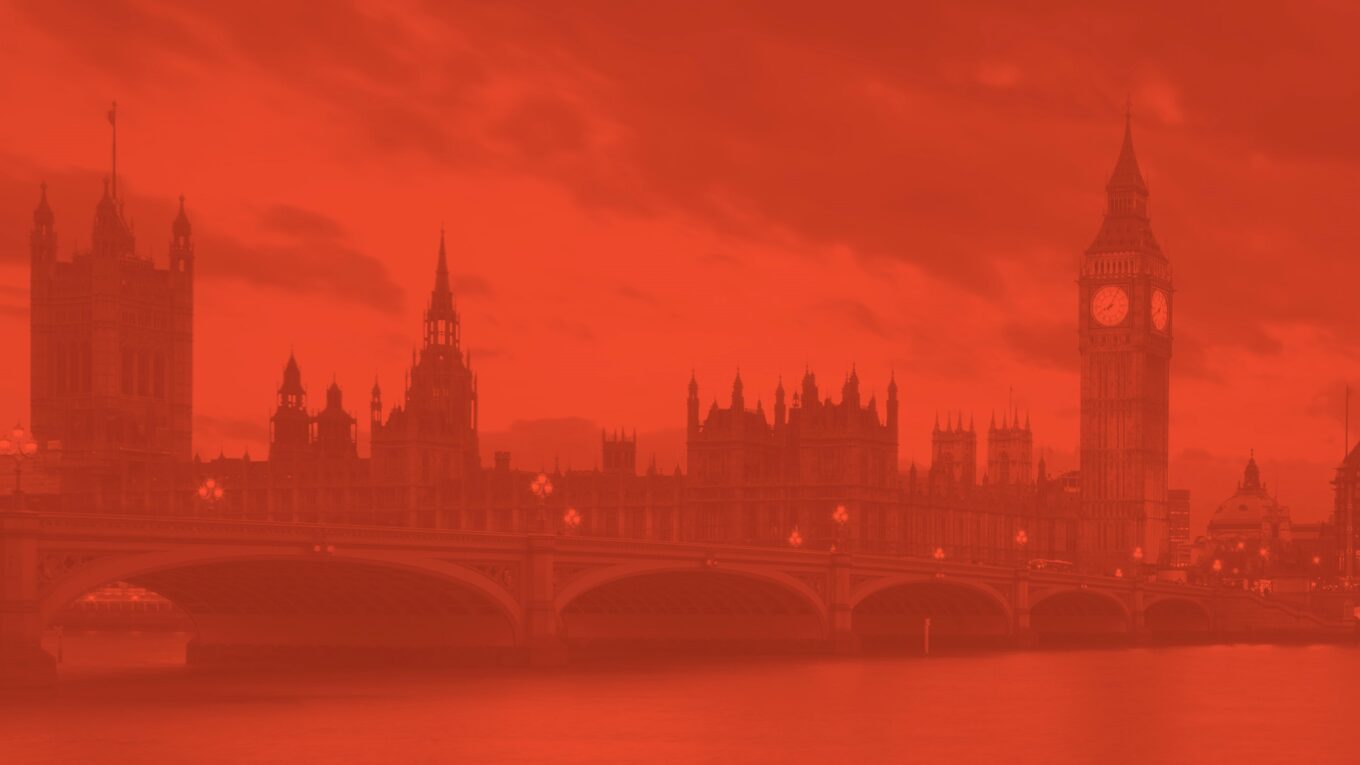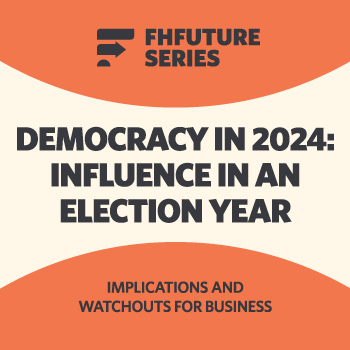Labour Party Conference 2022: A look ahead

Labour goes into this year’s Conference (25th-28th September 2022, Liverpool) riding a wave of optimism. For the first time in over a decade, the party is posting double-digit polling leads, and the party faithful are scenting a first election victory since 2005. No pressure, then.
The end of Boris Johnson’s highly consequential premiership represents both opportunity and challenge for Keir Starmer.
On one hand, the Shadow Cabinet will be secretly breathing a sigh of relief at Johnson’s departure. After all, “Boris” was the man responsible for that huge election victory in 2019, during which so many life-long Labour voters deserted the party for the sworn enemy.
His successor, Liz Truss, may on paper represent an easier opponent for Starmer in electoral terms, but Labour strategists will be taking nothing for granted.
Truss has come out of the blocks in determined fashion, with “Trussonomics”, the focus on rapid growth and risk-taking, posing real questions about what Labour would do in response to Britain’s economic malaise.
Labour Party Conference 2022 is likely make-or-break for Starmer. As he enters the crucial phase of his leadership in the path back to Number 10, having turned around the party’s electoral fortunes and made effective structural party reforms, now is the time to capture the public’s appetite for change, and address the “why Labour?” question voters are continuing to ask themselves.
Expectations are high, and the mythology that often defines the party is leading to thoughts of a 1945-sized opportunity to re-set the national terms of economic and social policy. Perhaps 1979 would be more apt. Reform is the essence of British politics in the post-Elizabethan era.
FleishmanHillard will be in Liverpool throughout Labour Party Conference. We look forward to seeing you there and reporting back to those who can’t make it.
WHAT TO WATCH OUT FOR AT LABOUR PARTY CONFERENCE 2022:
-
Starmer fires the starting-gun on the long-campaign to 2024.
The long-campaign will begin in earnest on Tuesday afternoon as Starmer gets to his feet in Liverpool. The Labour Leader will be conscious that his speech must be geared towards concrete policy announcements in response to the boldness of Friday’s Fiscal Statement.
However, following the death of Queen Elizabeth II, the tone of this year’s Labour Party Conference will be more sombre than in previous years. That starting gun may sound muffled.
-
“Growth, growth, growth” – Declaring Labour’s economic “north star”.
Starmer will have noted the public mood is backing change following a summer of strikes, rising bills, and backlogs. Liz Truss’ response to the challenge is clear; stimulate economic growth and quickly.
The Labour Leader’s recent “growth, growth, growth” speech lays the foundations for his own vision to restore the country’s fortunes, and present an alternative pathway to Prime Minister Truss. Businesses will be keen to know Labour’s expectations on future governance; the relationship between labour and capital; and the party‘s long-term strategy to unlock private sector investment.
-
Electoral reform is on the table.
In the build-up to Conference, at least 140 local Labour parties have backed motions calling for Labour to support proportional representation. Although it is the most popular issue among local parties for the second year running, the party is divided on the issue. Expect fiery debate and questions for Starmer.
-
The reds go green.
Starmer believes that Labour must “pivot to green” if it is to win the next election. The party’s conference slogan will be “fairer, greener future”, underpinned by imminent details of what a Labour government would do with its £28 billion annual climate investment pledge.
FleishmanHillard’s Labour Party Expertise: FleishmanHillard UK’s Labour Party Unit provides clients with informed insights into Labour’s processes, whilst getting businesses ready for a potential change of government. Contact Luke Downham, Head of the Labour Party Unit to find out more: [email protected]
Find Out More
-
Democracy in 2024: Influence in an election year
May 2, 2024
-
Platinum CMS Award
March 13, 2024


